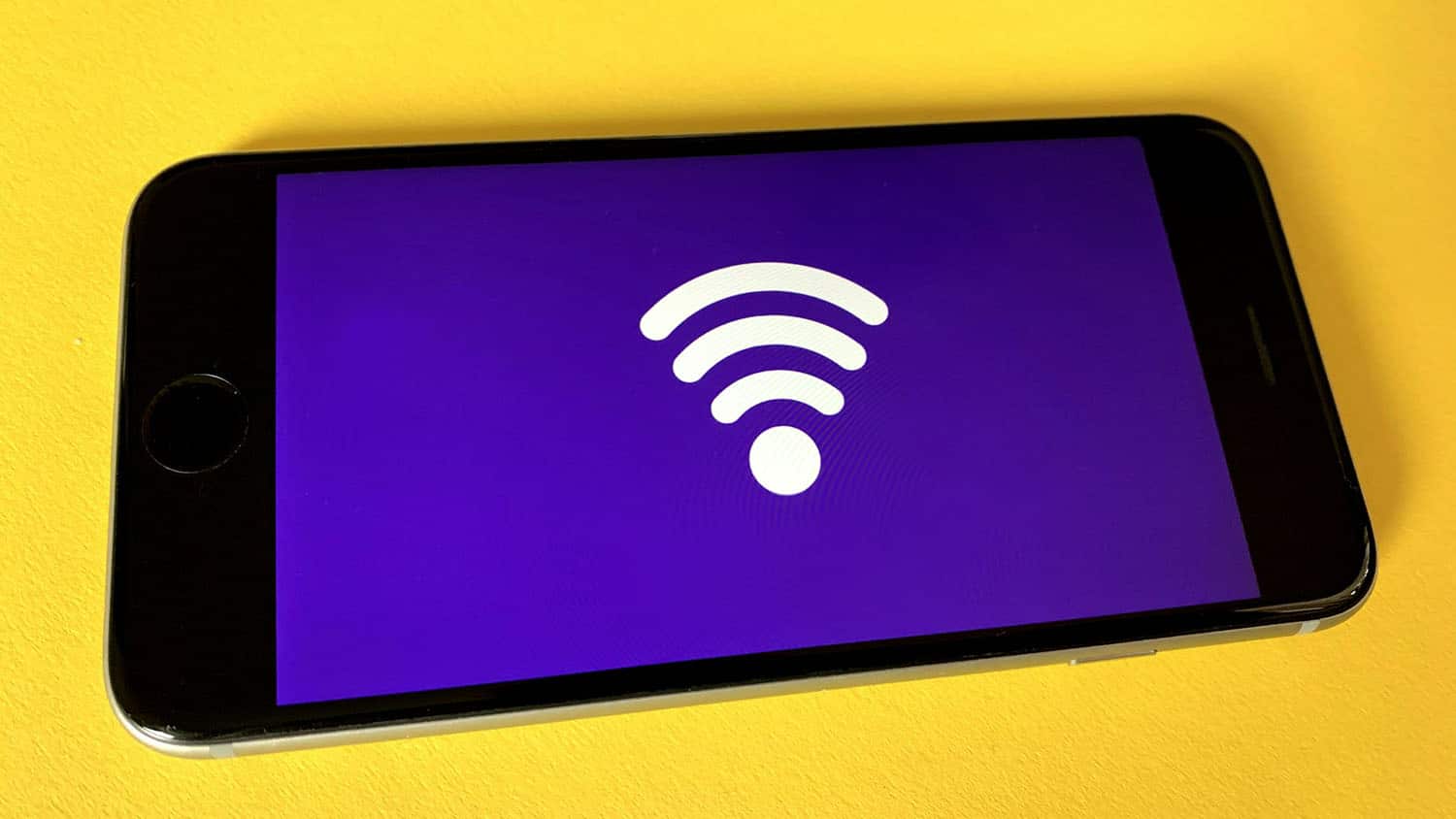To Lose Weight, and Keep It Off, Be Prepared to Navigate Interpersonal Challenges

For Immediate Release
A new study from North Carolina State University highlights an unexpected challenge for those who have made a new year’s resolution to lose weight: the people around you may consciously or subconsciously sabotage your efforts. The study also uncovered strategies that people use to navigate interpersonal challenges related to losing weight and keeping it off.
“Many times, when someone loses weight, that person’s efforts are undermined by friends, family or coworkers,” says Lynsey Romo, an assistant professor of communication at NC State and lead author of a paper describing the recent study. “This study found that people experience a ‘lean stigma’ after losing weight, such as receiving snide remarks about healthy eating habits or having people tell them that they’re going to gain all of the weight back.”
For this study, Romo conducted 40 in-depth interviews with people who reported themselves as having been formerly overweight or obese, but considered themselves thin at the time of the interview. Twenty-one of the study participants were women, 19 were men, and the participants reported an average weight loss of 76.9 pounds.
“All 40 of the study participants reported having people in their lives try to belittle or undermine their weight loss efforts,” Romo says. “This negative behavior is caused by what I call lean stigma. However, the study found participants used specific communication strategies to cope with lean stigma and maintain both their weight loss and their personal relationships.”
The communication strategies fell into two different categories. The first category focused on study participants helping other people “save face,” or not feel uncomfortable about the study participant’s weight loss and healthy eating habits. The second category focused on damage control: participants finding ways to mitigate discomfort people felt about an individual’s weight loss and related lifestyle changes.
Techniques used to avoid discomfort included telling other people about one’s intentions and rationale before losing weight. Study participants also reported taking steps to conceal the scope of their lifestyle changes, such as eating smaller portions of unhealthy foods at family gatherings, accepting food from people but not eating it (e.g., taking a piece of cake at an office birthday party, but saying they’ll eat it later), or saving their “cheat day” for a night out with friends.
Meanwhile, techniques used to mitigate discomfort tended to focus on making excuses for changes in behavior.
“Study participants would go out of their way to make clear that they were not judging other people’s choices,” Romo says. “For example, participants would stress that they had changed their eating habits for health reasons, or in order to have more energy.
“Overall, the study highlights how important relationships are to making sustainable lifestyle changes – and the importance of communication in how we navigate those relationships,” she adds.
The paper, “An Examination of How People Who Have Lost Weight Communicatively Negotiate Interpersonal Challenges to Weight Management,” is in press in the journal Health Communication.
-shipman-
Note to Editors: The study abstract follows.
“An Examination of How People Who Have Lost Weight Communicatively Negotiate Interpersonal Challenges to Weight Management”
Authors: Lynsey K. Romo, North Carolina State University
Published: Feb. 2, Health Communication
DOI: 10.1080/10410236.2016.1278497
Abstract: The vast majority of Americans are overweight, and those who are able to lose weight typically regain at least the amount they lost. Some people are confronted with sabotage, criticism, and declines in social support during and following weight loss. However, how individuals negotiate these interpersonal barriers is not very well understood. Such an understanding could help individuals maintain their weight loss while minimizing the risk of adverse health or relational consequences. Thus, through a thematic analysis of 40 interviews of people who identified as previously overweight or obese and a facework lens, this study examined how people were communicatively able to sustain their weight loss in the face of challenges from friends, family, and colleagues. The investigation found that altered weight management behaviors (particularly healthy eating) can threaten others’ face and uncovered several communication strategies people used to prevent and mitigate face threat. To avoid face threat, participants proactively issued cognitive disclaimers about weight management or designated cheat days, accepted but did not consume food, avoided social situations involving food, or ate unhealthy food in smaller portions to assimilate with the in-group. To remediate face threat, participants provided personal choice and health excuses to save face and accomplish their dual goals of maintaining their weight management practices without compromising their relationships.
- Categories:


